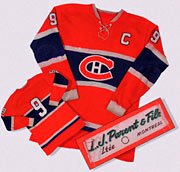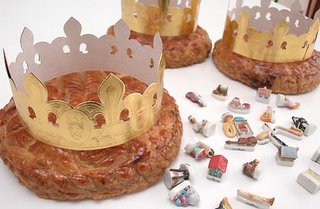Indochine
When their musical style became less popular and other bands like Noir Désir emerged, band
 members started leaving. The sudden death of Stéphane Sirkis leaves brother Nicola as the only remaining band member, but in 2002 Indochine makes an unexpected come-back with Paradize, an almost immediate popular success and critically acclaimed album.
members started leaving. The sudden death of Stéphane Sirkis leaves brother Nicola as the only remaining band member, but in 2002 Indochine makes an unexpected come-back with Paradize, an almost immediate popular success and critically acclaimed album.Somehow, the childish simplicity survived, and will remain Indochine's trademark. Some of their famous tracks include:
- L'aventurier (The adventurer)
- Trois nuits par semaine (Three nights a week)
- 3ème sexe (3rd sex)
- Salômbo
- J'ai demandé à la lune (I asked the moon)
"Et soudain surgit face au vent
Le vrai heros de tous les temps
Bob Morane contre tout chacal
L'aventurier contre tout guerrier"
L'aventurier
Amazon.fr has an audio sample of this song, and others.
And now, the French Word of the Day takes a two week vacation, so the email and blog archives will have to do in the meanwhile...









